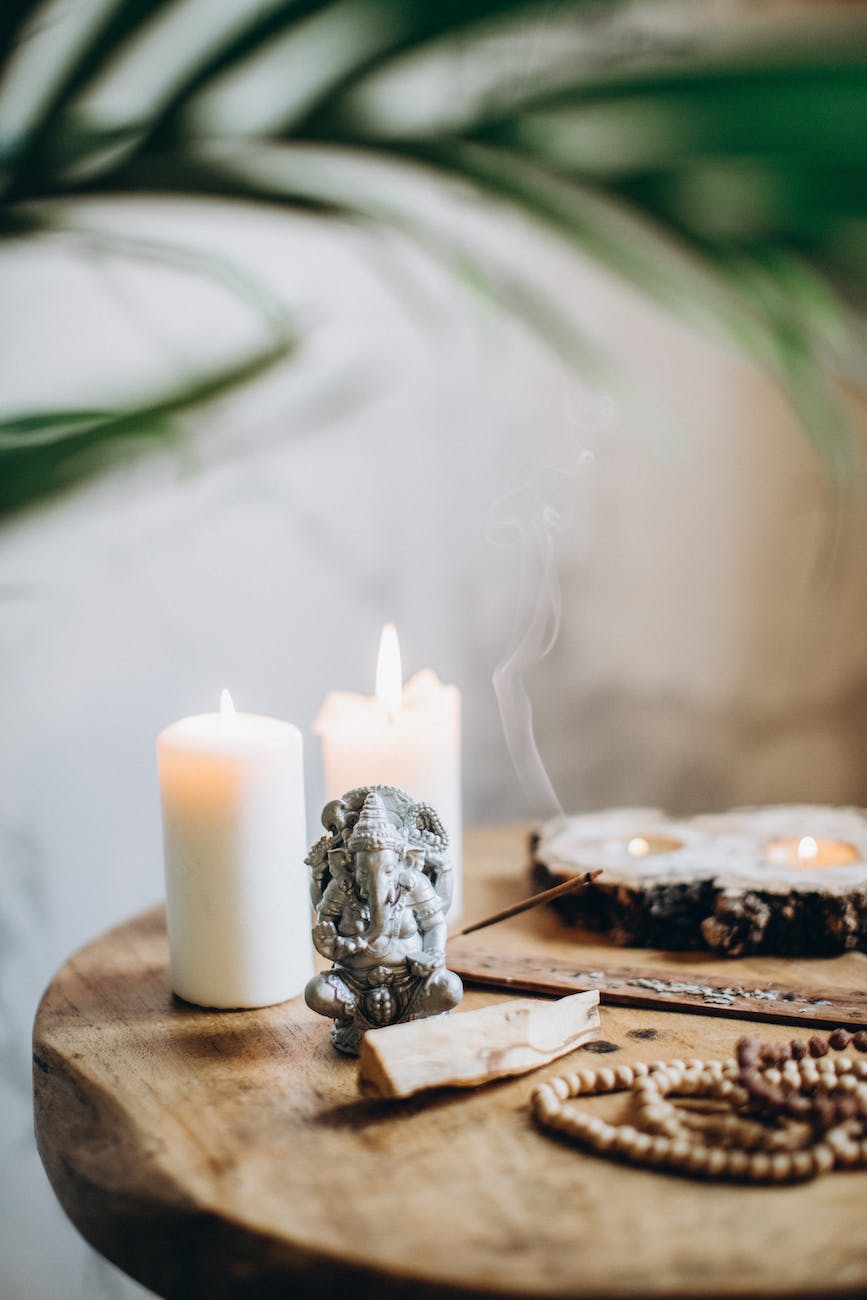When a loved one enters into the “actively dying” phase, family and friends can feel lost. They often don’t know ways to comfort the dying. Or how to maneuver through this situation, simply because it’s a brand-new experience for them.
Our society doesn’t welcome thoughtful preparations around death and dying, and so we don’t know what to do when faced with this reality.
The Dying Process
For most of my clients, dying is peaceful. They don’t always recognize others and may lapse in and out of consciousness, but this isn’t cause for alarm or worry.
Some of my clients have phases where they wake periodically and talk, only to slip back into unconsciousness. Their skin color changes because of slowing circulation and breathing patterns fluctuate as the body begins to slow down and ‘let go’ of life.
My clients usually slip slowly into complete unconsciousness. After a while, we can no longer wake them. But they still might be able to hear or understand that there are people around them.
Each person’s death is unique and individual, just as their life has been.
Care teams, family members, friends, and other loved ones bring great benefits to a dying person. You do this just by being present in the room, sitting with them, holding their hand, or speaking calmly and reassuringly.
This should not be underestimated. Even when your person does not respond, they can probably hear you.
Comforting Those At The End-of-Life
Part of my job is to convey how being with someone in their final days is a great privilege. A sacred time. Death doulas help loved ones feel more prepared and get quickly up to speed on the best ways to comfort the dying.
1. Create a Loving Environment
Some people want peace and quiet. Still, others prefer to be surrounded by loving friends and family members.
Most of the time, we should avoid loud noises and instead try to keep the volume low. Softly play music or other noises, beach sounds on television, for example, in the background. Small water fountains or aromatherapy diffusers on the bedside table can be a comfort.
We also encourage visitors to turn off their phones.
2. Be Okay with Silence
While your dying person seems to be sleeping, they’re doing a lot of thinking and working through this experience. This inner work or life review can be exhausting as someone looks back over the entirety of their lived experience and lets go.
Sometimes the best thing to do is sit with them and not say a word.
When or if they open their eyes, smile at them. Let them feel your love and support. If you pray or meditate, incorporate that into your silence as well.
3. Speak Softly and Simply
Use simple messages with soft tones when speaking to someone who’s actively dying. Here are some examples:
- “I love you.”
- “You’ve lived a good life.”
- “It’s okay to go when you’re ready.”
- “I’ll remember you always.”
Just one or two, in a low and comforting tone of voice, is perfect.

4. Lower the Lights
Bright lights can annoy or disturb dying people. Therefore, turn off overhead lights and use small lamps in the corners of the room for any lighting needs.
If they’re a candle person, get some unscented candles for the room. They can be quite peaceful and lovely.
Natural light can comfort the dying. If so, open blinds, curtains, or windows. Make sure they spend some time on their side if necessary to see outside when they open their eyes.
5. Be Alert to Discomfort
Since your loved one cannot talk while actively dying, we have to calmly and carefully watch them for signs of discomfort. For example, is your loved one’s mouth dry? Then use sponge sticks dipped in water to frequently moisten the mouth and lips.
Our bodies dehydrate during the dying process, which can cause uncomfortable dryness. This simple gesture makes all the difference in the world and is one of the best ways to comfort the dying.
6. Touch Gently
Before you move or turn your loved one, softly tell them what’s happening. Be gentle. Hold your loved one’s hand or gently massage as long as it seems soothing.
In the last few hours of life, stop touching so they can focus on dying rather than continue a connection to a physical realm they’re leaving.
7. Listen and Observe
The most important way to comfort the dying is to pay attention to their state of being. Listen and observe to know when they’re uncomfortable. Experienced hospice nurses and death doulas can help you be in tune with common, non-verbal forms of communication.
Use empathy and kindness to guide you as you gently change things (taking away a heavy blanket, for example, or providing ice chips) to help provide comfort.
8. Support Spiritual Needs
Allow your loved ones to reflect on their life, beliefs, values, or faith. Do not appear alarmed or judgmental. Certainly, let them ask about ways they’ll be remembered or celebrated. Provide comfort if they need to be forgiven or loved.
Listen and provide space for this type of inquiry.
You can also ask if they want you to read something specific, like prayers or poems to comfort the dying. Some songs, instrumental music, or religious traditions might also be appropriate.
Be unattached to any sort of answer, just do what they ask or provide a listening ear to whatever concerns they have. This is most helpful.
9. Recognize When Death is Near
It’s not always easy to know when someone is about to die. Here are some familiar signs that death may be days or hours away. These include:
- Restlessness
- Confusion
- Lots of sleep or drowsiness
- Agitation
- No longer eating or drinking
- Irregular breathing
- Pauses in breathing
- Coldness, swelling, or blue colors in the extremities
- Visions or conversations with someone who is already dead
- Gurgling or rattling sounds with breathing

Here are some common issues at this phase of dying, and ways you can provide comfort:
| Issues | What you can do |
| Not eating | Don’t over-encourage dying people to eat. Give ice chips if needed. |
| Dry face | Use a damp cloth on their face. Apply lip balm or petroleum jelly to dry lips. |
| Labored breathing | Gently turn the person’s head or body to the right or left. Adjust pillows or raise the head of the bed. Use a humidifier or inquire about medication and/or oxygen. |
| Skin rashes | Gently apply lotion or baby oil to dry skin. Carefully adjust the person to avoid bed sores. |
| Incontinence | Change incontinence pads or inquire about a catheter. |
| Terminal agitation or confusion | Be a calm and reassuring presence. Remind the person where he or she is and who is there. Inquire about anti-anxiety medication if necessary. |
| Pain | Give pain medication as needed. |
| Too cold or hot | Adjust the temperature and bedding as needed. |
10. Keep Vigil
Sitting with someone in the last hours of life shows support and love. Continue to talk to your loved one, hold hands, and provide comfort in similar ways to the above suggestions. Invite other loved ones to sit with you or take turns so the care team feels rested.
If you’d like support for these and other ways to comfort the dying, please contact me at Anitya Doula Services. I’m happy to help.




One thought on “10 Ways to Comfort the Dying”